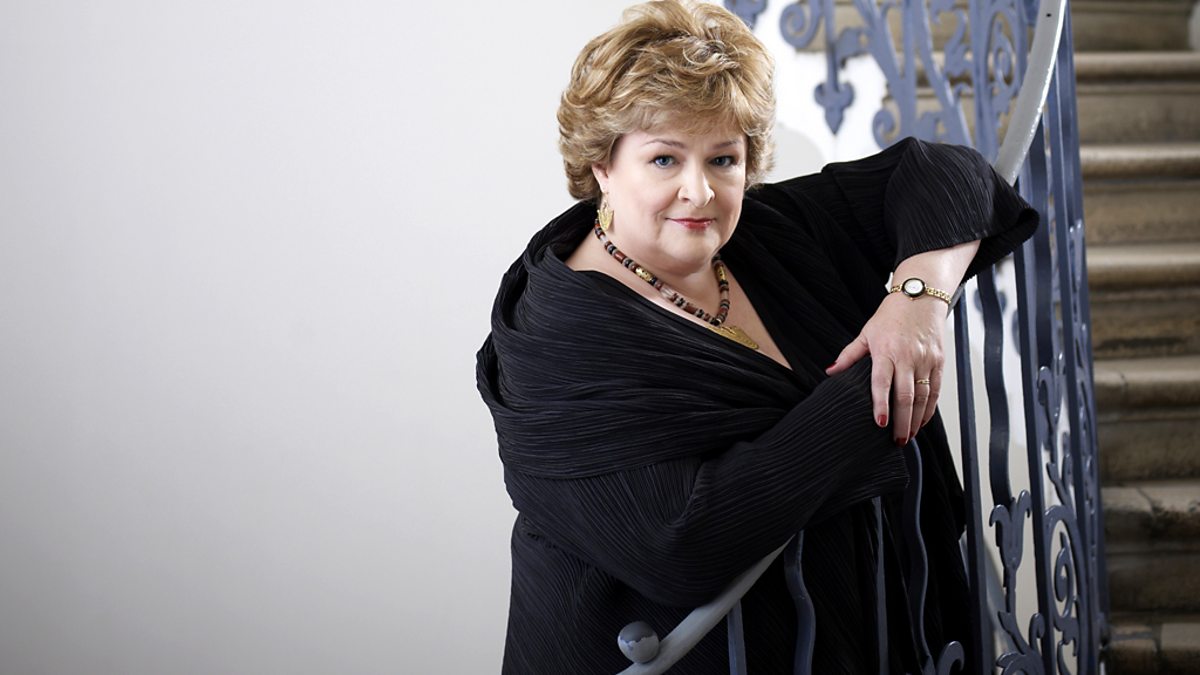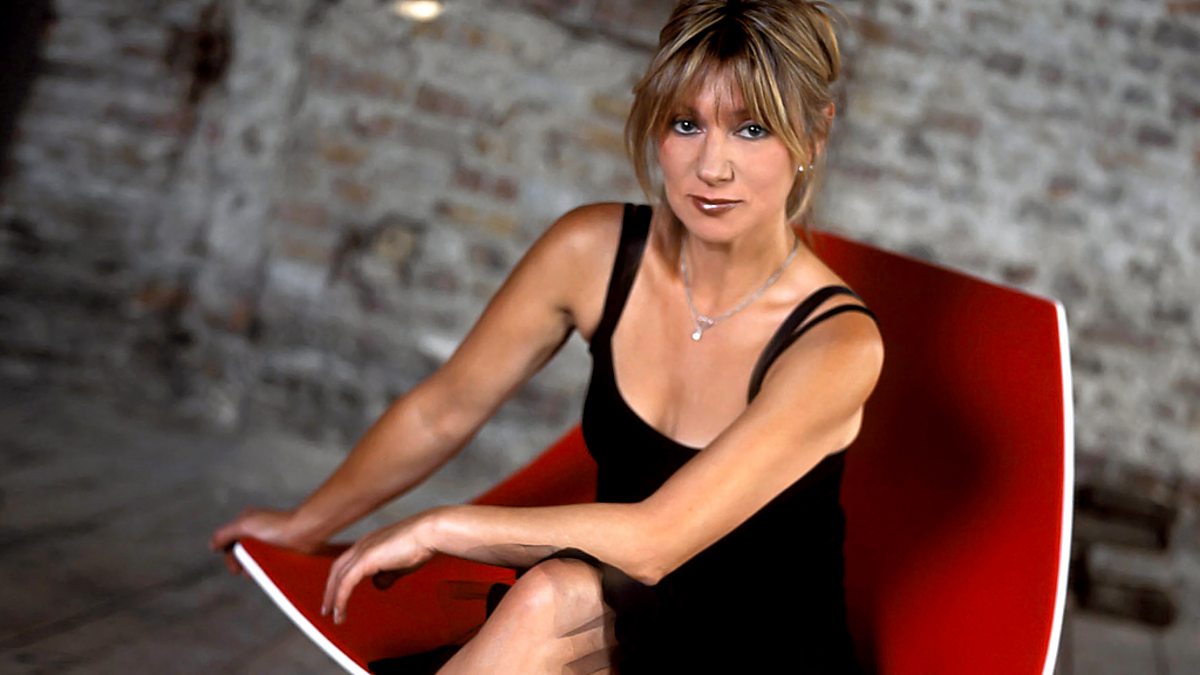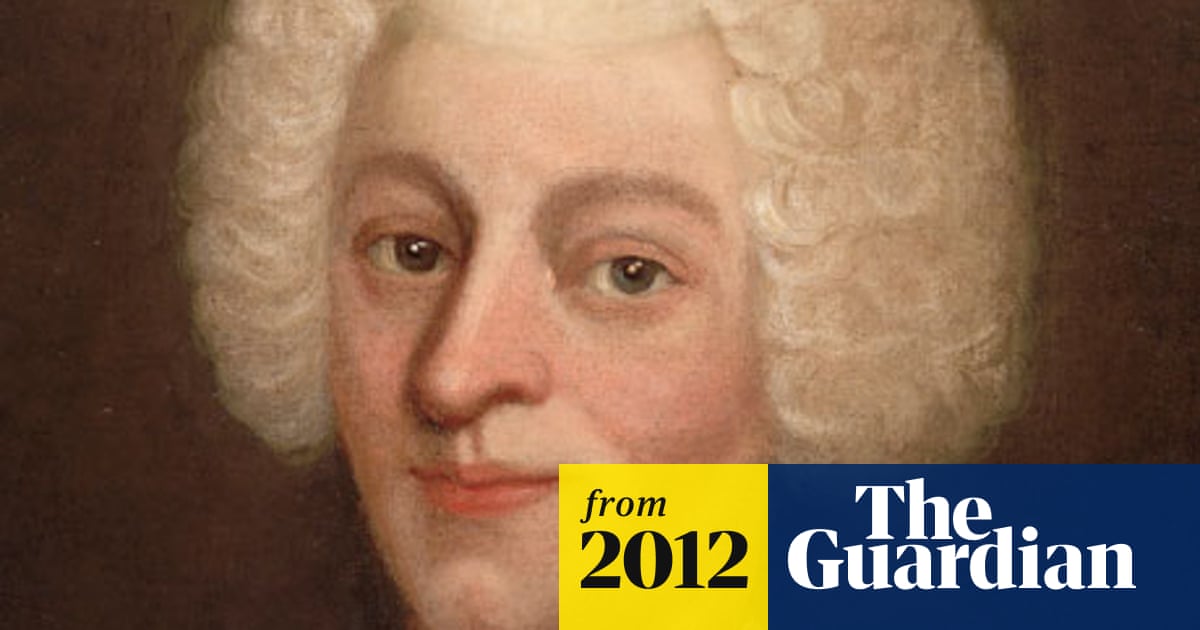Saturday
Hitting the Heights
Catherine Bott explores the early days of the tenor voice with two notable modern-day exponents, John Potter and James Gilchrist.
I look forward to this as the tenor voice seems to be a rather neglected species in Baroque opera.
Sunday
Lucie Skeaping presents highlights from Hesperion XXi's concert at the Fontfroide Festival in Narbonne, including dance music from the English Tudor golden age, by Anthony Holborne, John Dowland, Christopher Tye, Orlando Gibbons and William Byrd
Hitting the Heights
Catherine Bott explores the early days of the tenor voice with two notable modern-day exponents, John Potter and James Gilchrist.
I look forward to this as the tenor voice seems to be a rather neglected species in Baroque opera.
Sunday
Lucie Skeaping presents highlights from Hesperion XXi's concert at the Fontfroide Festival in Narbonne, including dance music from the English Tudor golden age, by Anthony Holborne, John Dowland, Christopher Tye, Orlando Gibbons and William Byrd



Comment